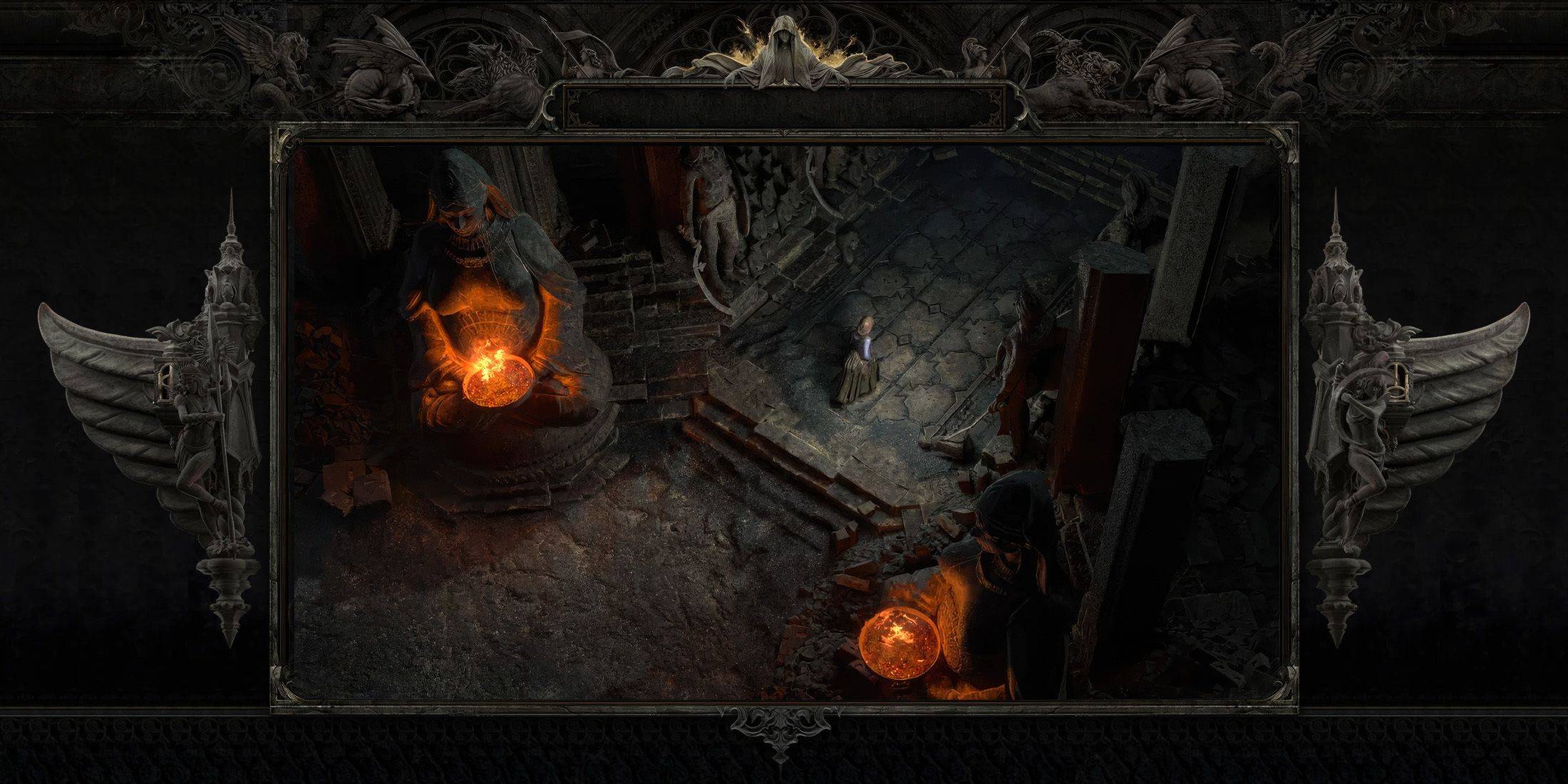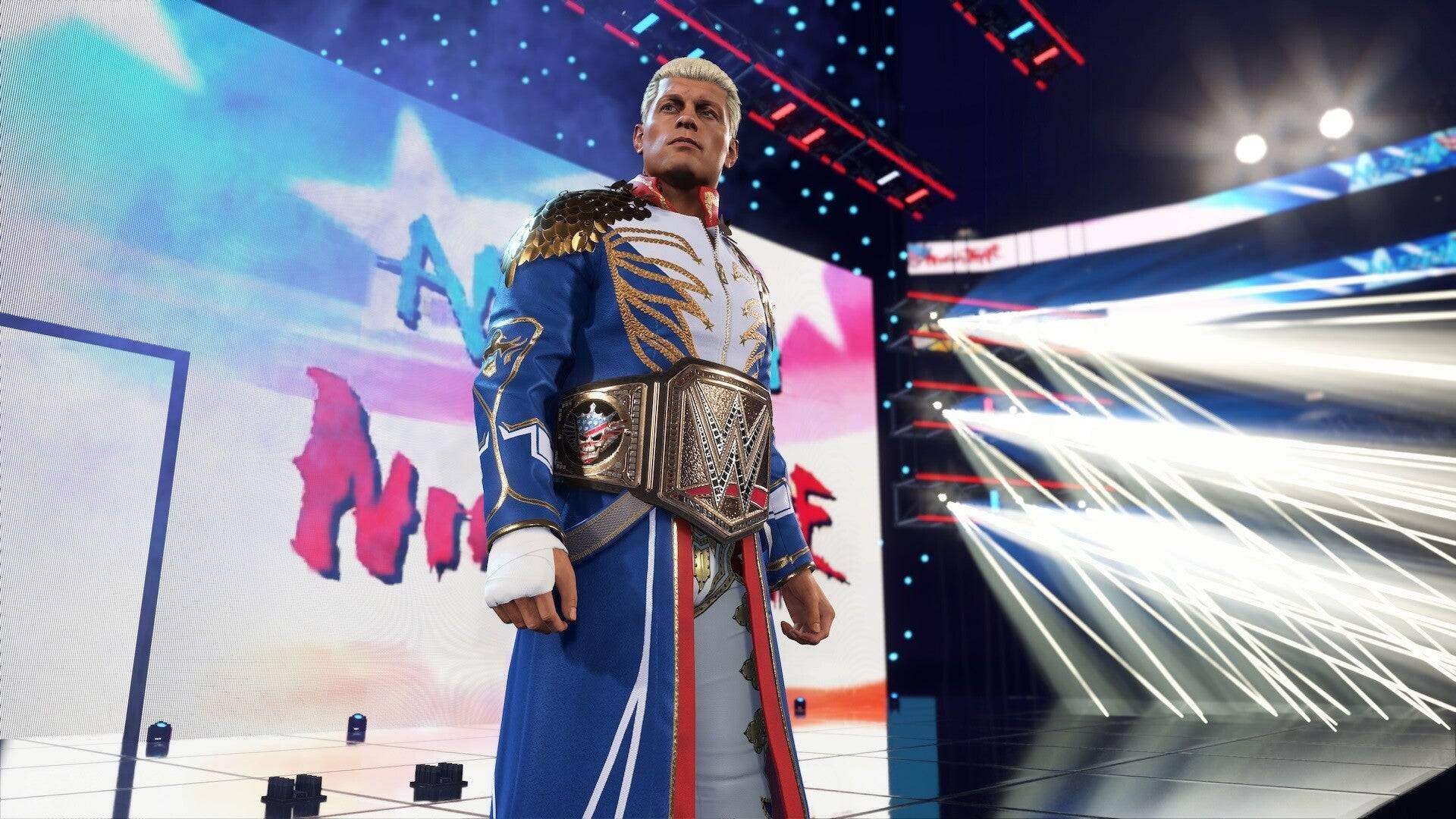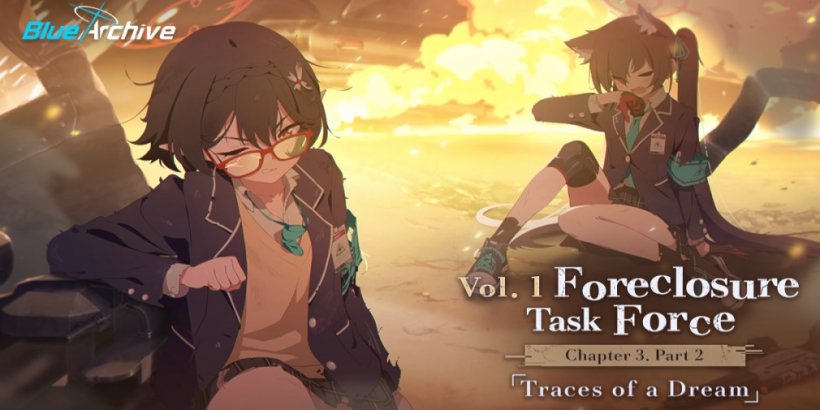NetEase's Marvel Rivals has undeniably struck a chord with gamers, amassing an impressive ten million players within just three days of its launch and generating substantial revenue for NetEase in the subsequent weeks. However, a recent report from Bloomberg sheds light on internal turmoil and strategic shifts at NetEase, revealing that CEO and founder William Ding nearly canceled the game due to his hesitations about using licensed intellectual property.
According to the Bloomberg report, Ding is currently executing a series of cost-cutting measures, including layoffs, studio closures, and a pullback from international investments. The aim is to create a more focused and efficient portfolio to address a decline in growth and to better compete with industry giants like Tencent and MiHoYo.
The decision to nearly cancel Marvel Rivals stemmed from Ding's reluctance to pay for the use of licensed Marvel characters. He reportedly tried to convince artists to use original designs instead, a move that allegedly cost NetEase millions. Despite this, Marvel Rivals was released and has enjoyed remarkable success.
Yet, the restructuring at NetEase continues. Earlier this week, the Marvel Rivals team in Seattle was laid off, with the company citing "organizational reasons." Over the past year, Ding has also ceased investment in overseas projects, having previously made significant investments in studios like Bungie, Devolver Digital, and Blizzard Entertainment. The report suggests that Ding's focus is on games that can generate hundreds of millions annually, though a NetEase spokesperson clarified that the company does not set "arbitrary blanket numbers" for new game viability.
Employees speaking to Bloomberg have highlighted internal challenges at NetEase, attributing them to Ding's unpredictable leadership style. They describe him as someone who makes swift decisions and frequently changes his mind, pressures staff to work late, and has recently promoted many recent graduates into key leadership roles. This volatility has led to the cancellation of numerous projects, raising concerns that NetEase might not release any new games in China next year.
NetEase's retreat from game investments comes amidst a period of uncertainty within the gaming industry, particularly in Western markets. The sector has faced multiple years of significant layoffs, project cancellations, and studio closures, compounded by the failure of several high-budget, high-profile games despite lofty corporate expectations.

 Latest Downloads
Latest Downloads
 Downlaod
Downlaod




 Top News
Top News









